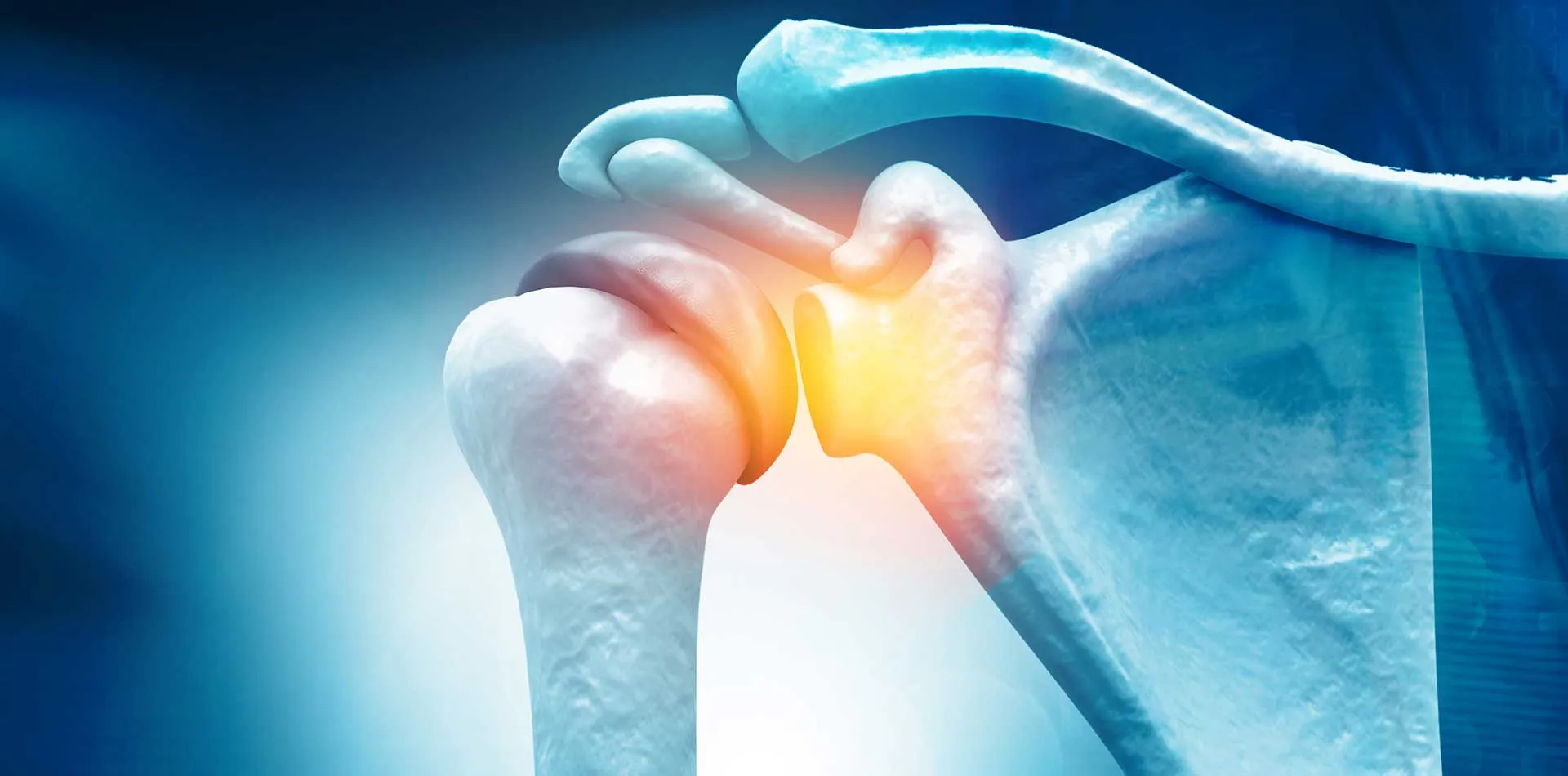
Frozen shoulder, a condition causing stiffness and pain in the shoulder joint, starts gradually but worsen over time and then heals, usually within one to three years.
People recovering from a medical condition or procedure that restricts moving the arm, like a stroke or a mastectomy, will be more inclined to develop a frozen shoulder.
The treatment for frozen shoulder requires range-of-motion exercises and, in few cases, corticosteroids and injecting numbing medications into the joint capsule. Some patients may require arthroscopic surgery to loosen the joint capsule supporting it to move more freely.
A frozen shoulder does not usually recur in the same shoulder, but it can develop in the opposite shoulder.
Frozen shoulder develops gradually in three stages that last for several months.
• Freezing stage. Any shoulder movement provokes pain, and the range of shoulder movements become limited.
• Frozen stage. Pain lessens during this stage, but the shoulder gets stiffer, and using it gets more complicated.
• Thawing stage. The series of movements in the shoulder begins to improve.
In some cases, the pain worsens at night, sometimes upsetting their sleep.
The shoulder joint's bones, ligaments, and tendons are encased in connective tissue capsules. When the capsule thickens and tightens in the area around the shoulder joint, a frozen shoulder happens, restricting its movement.
The condition is more likely to happen to people with diabetes or those who had recent surgery or an arm fracture that immobilize their shoulder for an extended period.
Factors that raise the risk of developing a frozen shoulder include:
• People over 40 years, particularly women, are more likely to have frozen shoulders.
• People that have prolonged immobility or reduced mobility of the shoulder are prone to developing frozen shoulder. Immobility may be due to rotator cuff injury, broken arm, stroke or recovery from surgery.
• People with certain diseases are at risk of developing frozen shoulders. These include diabetes, overactive thyroid (hyperthyroidism), underactive thyroid (hypothyroidism), cardiovascular disease, tuberculosis, Parkinson's disease
The common cause of frozen shoulder is immobility during recovery from a shoulder injury, broken arm or a stroke. If you had an injury that makes it difficult to move the shoulder, consult a doctor about exercises needed to maintain the range of movement in the shoulder joint.
Patient Experience